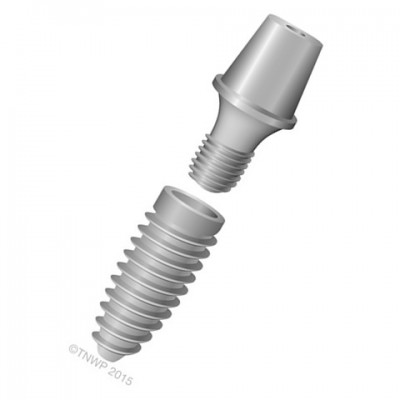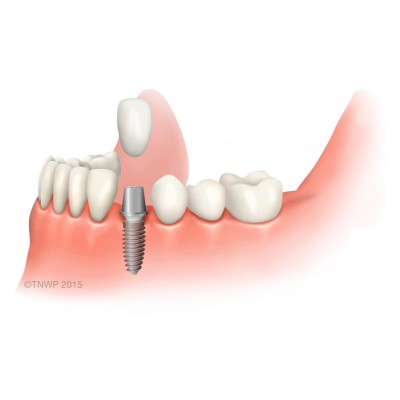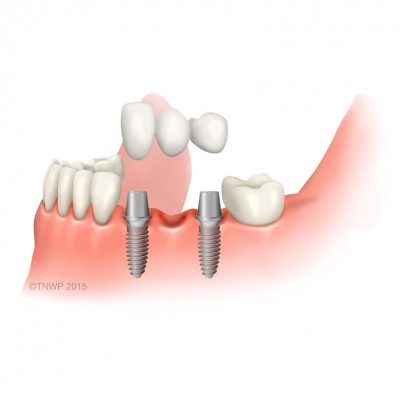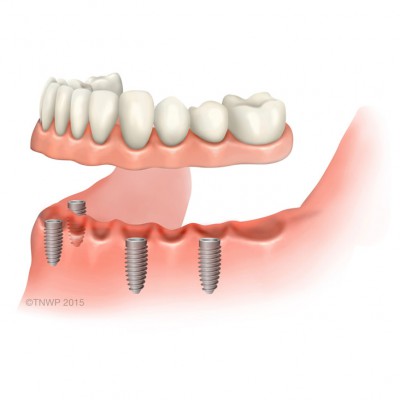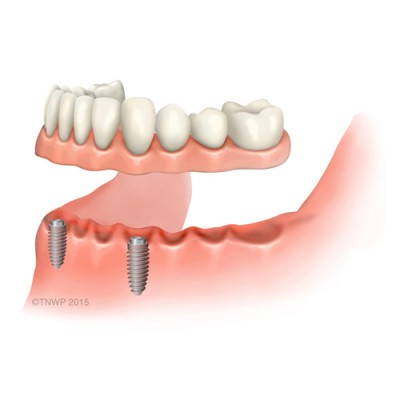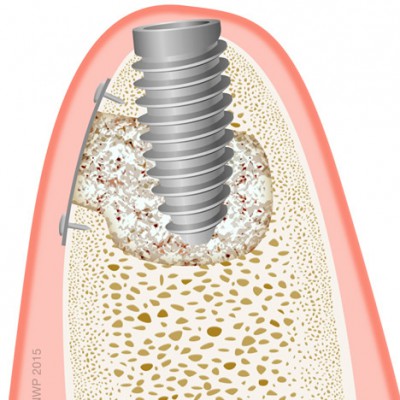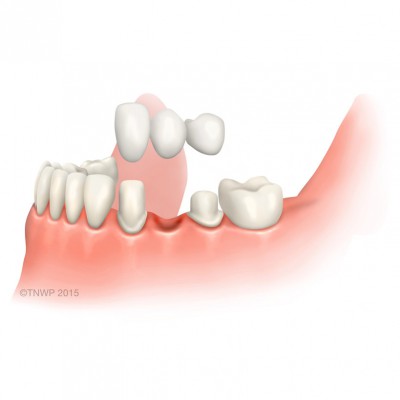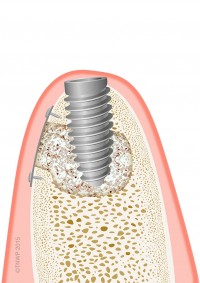
No bone, no problem
Insufficient bone volume in their jaw should not prevent most people from having dental implants, according to an article published on click4teeth.com. Written by Dr Colin Neil, Confident Dental Implants, Stroud, the article explains that there are augmentation procedures available to rebuild bone. A successful bone graft can make the jaw strong enough to support dental implants and will greatly improve the outcome of dental implant treatment.
Bone can be lost when it is not in regular use or as a result of an infection or trauma. A natural process called atrophy or resporption can result in progressive bone loss or shrinkage, due to the lack of chewing stimulation when a gap is left, after a tooth has been lost.
The article published on click4teeth.com provides guidance to prospective patients:
- How has my bone been lost?
- Why is sufficient bone needed for implant placement?
- How is bone evaluated before implant placement?
- If I don’t have enough bone, what can be done?
- Where does the extra bone come from?
- Does bone grafting affect the duration of dental implant treatment?
- Successful bone grafting outcome
Dr Colin Neil, author of the article says, “If the bone in your jaw is not deep or wide enough, you may need bone grafting before dental implants are placed. Chewing is a powerful action and can exert a lot of pressure on the jaw. Implants replacing missing teeth need to be large enough to withstand the forces of chewing and there needs to be enough bone to support the size of implant.”
To view the full article, visit “Have I got enough bone for teeth implants?”



